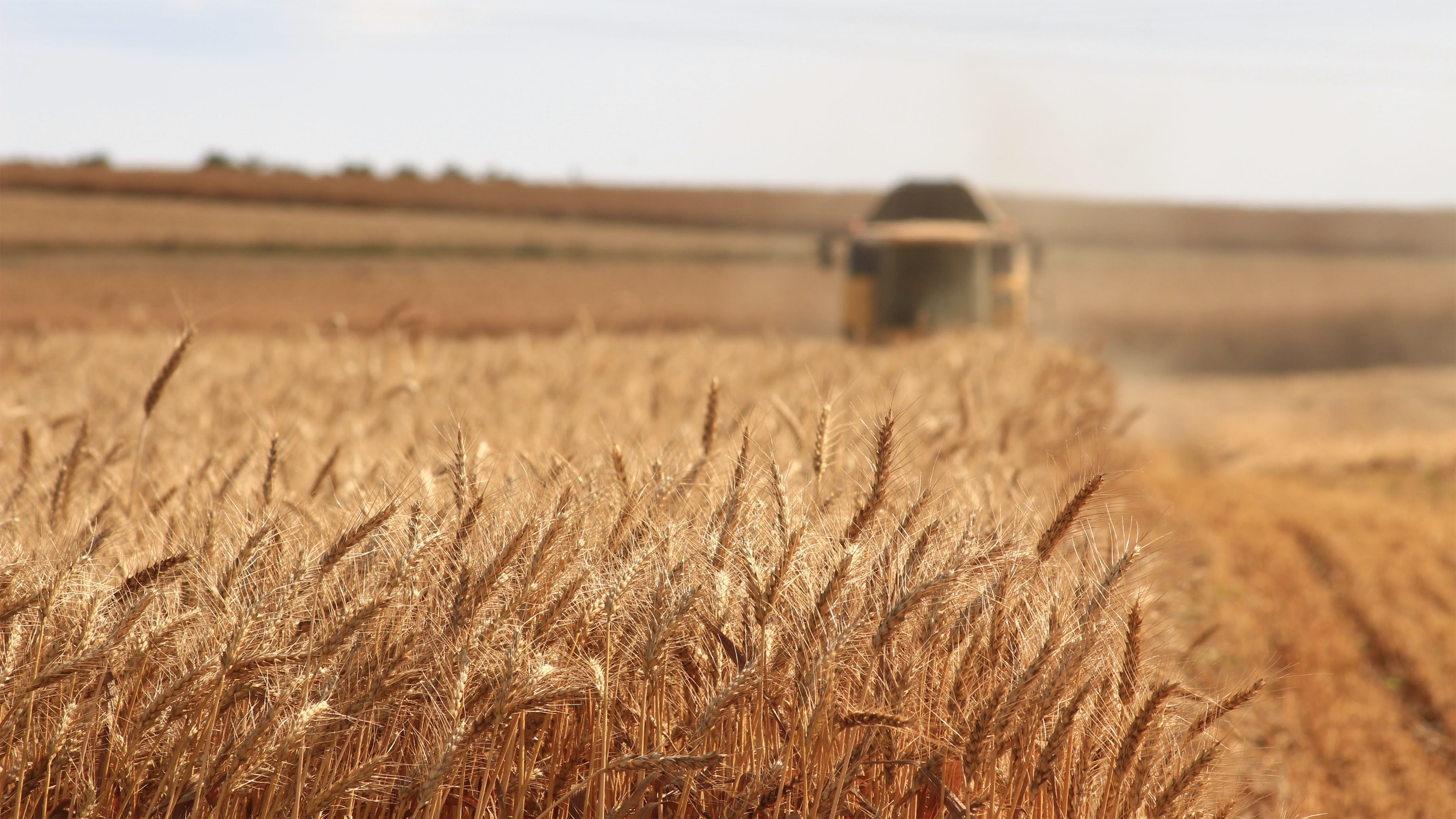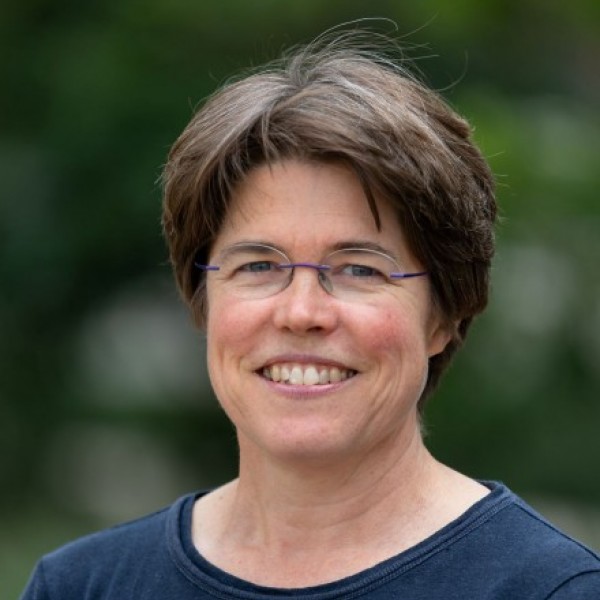
More with less: How will we produce food crops for 10 billion with less resources?
The predicted increase in the world population to around 10 billion people by 2050 will require the world to produce more food in the next few decades than in all of its previous history.
Speakers
Event series
Content navigation
RegisterDescription
The predicted increase in the world population to around 10 billion people by 2050 will require the world to produce more food in the next few decades than in all of its previous history. This will ideally need to happen on less land and with reductions in the amounts of fertilisers, pesticides and herbicides, which cause huge environmental and human health problems. Plant survival and yield will also be severely affected by a more variable and extreme climate.
To achieve this, we need to produce crop plants that withstand environmental stress and have higher yield despite requiring less agricultural inputs. This talk will present recent advances in the Division of Plant Sciences at the Australian National University that span from exploration of our basic understanding of how plants survive in stressful environments, to opportunities in breeding and engineering crops with higher yield and improved disease-resistance. In addition, we develop strategies to use beneficial soil micro-organisms to provide nutrients to crop plants without the harmful environmental effects of synthetic fertilisers.
About the speaker
Prof Ulrike Mathesius received her Dipl. Biol. (BSc Hons) at the Technical University of Darmstadt in Germany in 1995. She carried out her PhD at the Research School of Biological Sciences at ANU between 1996-1999, which focused on the symbiosis between rhizobia and legumes. This was followed by post doctoral research at RSBS in the area of plant proteomics between 1999 and 2001. In 2002 she moved to the School of Biochemistry and Molecular Biology with a Post Doctoral Fellowship from the Australian Research Council. Ulrike then held an ARC Research Fellowship (2005-2010) and an ARC Future Fellow (2011-2015) working on the developmental regulation of nodulation, parasitic gall development and lateral root formation in legumes. She is currently a Professor in the Division of Plant Science.
Webinar recording
Location
Online

